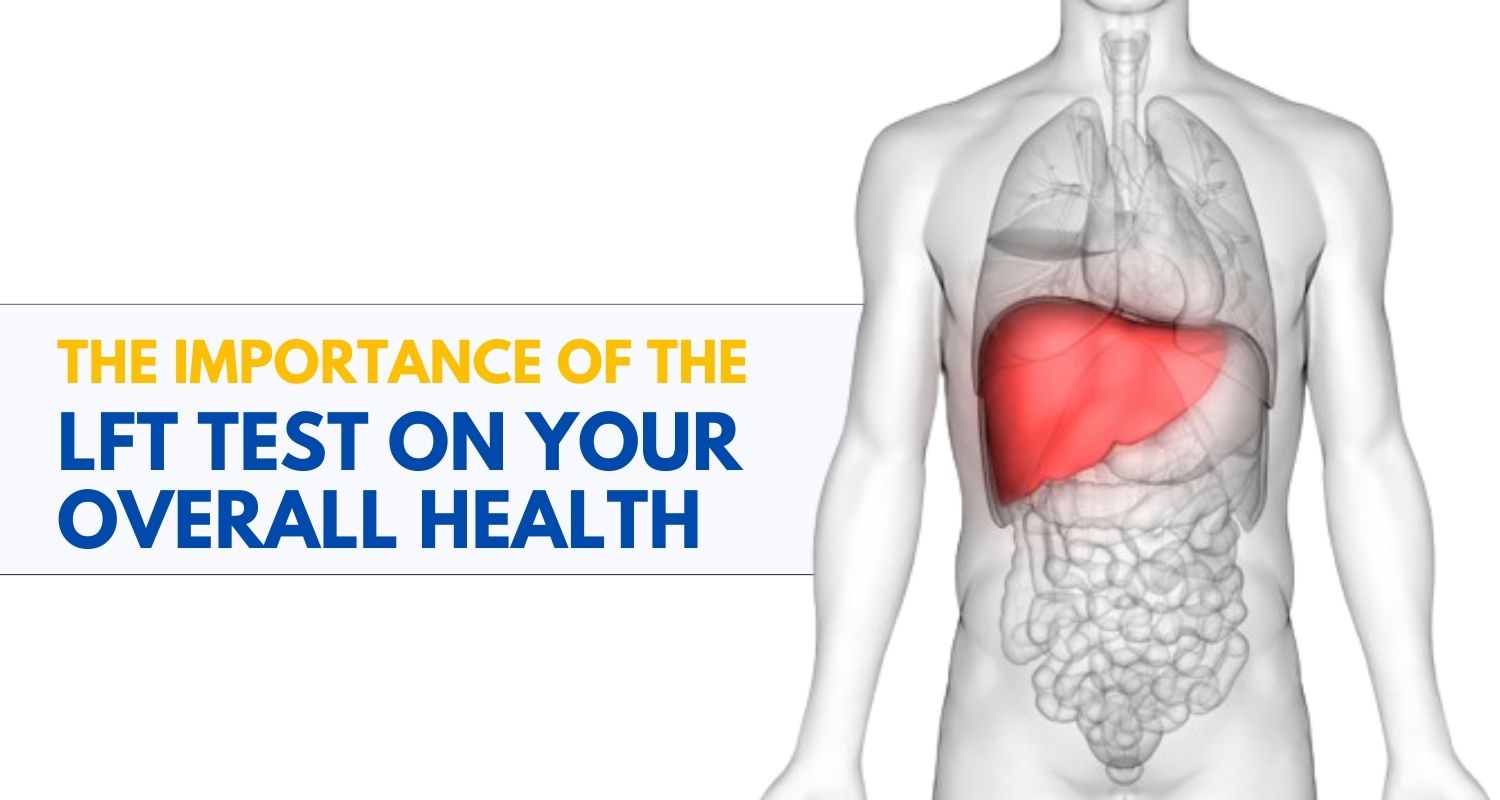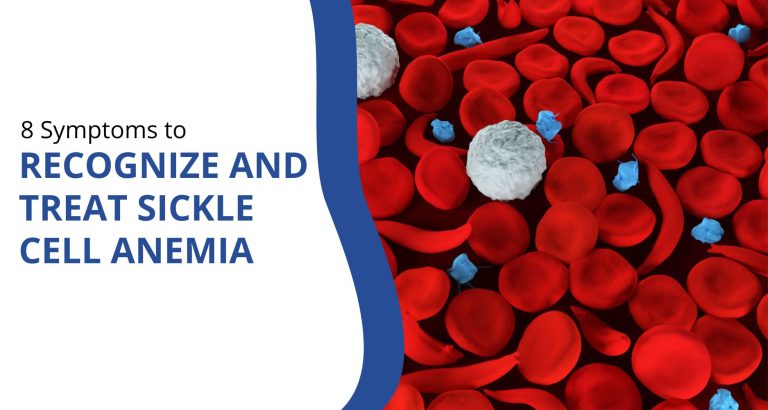The Importance of the LFT Test on Your Overall Health

The Liver Function Test (LFT) is a vital diagnostic tool for evaluating the liver’s health. The liver, one of the largest organs in the human body, performs various essential functions, such as metabolizing nutrients, detoxifying harmful substances, and producing vital proteins. Regular monitoring of liver health is crucial for detecting potential issues early on.
This blog post will delve into the significance of LFT, its relationship with KFT (Kidney Function Test), the process of the LFT blood test, and the associated costs.
What is LFT?
The Liver Function Test (LFT) is a comprehensive series of blood tests specifically crafted to assess the health and operational efficiency of the liver. This crucial diagnostic tool provides a window into the intricate world of liver functionality by scrutinizing various critical components within the bloodstream.
The primary objective of this test is to measure the levels of enzymes, proteins, and other substances that the liver produces or processes. This meticulous analysis of blood components offers valuable insights, enabling healthcare professionals to understand the liver’s overall well-being and pinpoint potential issues lurking beneath the surface.
The LFT process involves a relatively straightforward yet critical procedure. A small blood sample is extracted, typically from a vein in the arm, and this blood sample is subsequently sent to a laboratory for thorough analysis.
The results generated from this analysis paint a comprehensive picture of the liver’s current state, highlighting any deviations from the typical ranges of these essential components. [1]
By regularly monitoring the levels of enzymes, proteins, and other substances associated with liver function, healthcare professionals can detect potential issues at an early stage. This early detection allows for timely intervention and the implementation of appropriate treatment strategies, potentially preventing the progression of liver diseases.
What is the LFT Blood Test?
The LFT blood test involves the collection of a small sample of blood, typically through a vein in the arm. The blood sample is then sent to a laboratory for analysis.
The critical components measured in an LFT include:
- Alanine Aminotransferase (ALT): ALT is an enzyme in the liver. Elevated levels may indicate liver damage or disease.
- Aspartate Aminotransferase (AST): AST is another enzyme found in the liver and other organs. Increased AST levels can suggest liver damage, though it is less specific than ALT.
- Alkaline Phosphatase (ALP): ALP is an enzyme in the liver and other tissues. Elevated levels may indicate liver or bone issues.
- Total Bilirubin: Bilirubin is a yellow pigment produced during the breakdown of red blood cells. High levels can indicate liver or bile duct problems.
- Albumin: Albumin is a protein produced by the liver. Low levels may suggest liver disease or dysfunction.
- Total Protein: This measures the total amount of protein in the blood, including albumin and globulin.
Understanding the Link Between LFT and KFT Tests
While LFT primarily focuses on assessing liver health, it is closely related to another crucial diagnostic test, the Kidney Function Test (KFT). LFT and KFT are integral components of routine health check-ups, and their results can provide a comprehensive overview of the body’s internal workings.
KFT assesses the health of the kidneys, which are responsible for filtering waste products from the blood and maintaining electrolyte balance.
The key parameters measured in a KFT include:
- Blood Urea Nitrogen (BUN): Elevated BUN levels can indicate kidney dysfunction.
- Creatinine: Creatinine is a waste product produced by muscles. Elevated levels may suggest impaired kidney function.
- Glomerular Filtration Rate (GFR): GFR is a calculation that estimates the kidney’s filtering capacity.
The liver and kidneys work together to maintain overall homeostasis in the body. Any disruption in one organ’s function can affect the other, highlighting the interconnectedness of the body’s systems.
Price Considerations: LFT and KFT Test Costs
The LFT and KFT test prices can vary depending on geographical location, the laboratory conducting the tests, and whether the tests are part of a comprehensive health check-up package.
It’s essential to recognize the importance of these tests for preventive healthcare and the early detection of potential issues. In some cases, healthcare providers may offer combined LFT and KFT packages, allowing individuals to assess the health of both organs simultaneously.
The combined package can provide cost savings compared to getting each test separately. It’s advisable to consult with healthcare professionals or diagnostic centers to inquire about the available packages and associated costs.
Preparation for LFT Tests
Before undergoing LFT-specific preparations may be recommended by healthcare professionals:
- Fasting: Some LFT tests may require fasting for a specific period before the blood sample is collected. It’s crucial to follow any fasting instructions provided by the healthcare provider.
- Medication Review: Inform the healthcare provider about any medications, supplements, or herbal remedies being taken, as they may affect the test results.
- Hydration: Staying well-hydrated is generally advisable, especially before a blood test. However, specific instructions may vary, so following the guidance is essential.
Conclusion
The LFT and KFT are essential diagnostic tools that provide valuable insights into the health and functionality of the liver and kidneys, respectively. Regular monitoring through these tests can aid in the early detection of potential issues, allowing for timely intervention and improved outcomes.
Understanding the interconnectedness of the liver and kidneys emphasizes the importance of comprehensive health assessments. While the costs of these tests may vary, their significance in preventive healthcare cannot be overstated.
Prioritizing regular health check-ups, following healthcare provider recommendations, and staying informed about one’s health are crucial to maintaining overall well-being.
References






